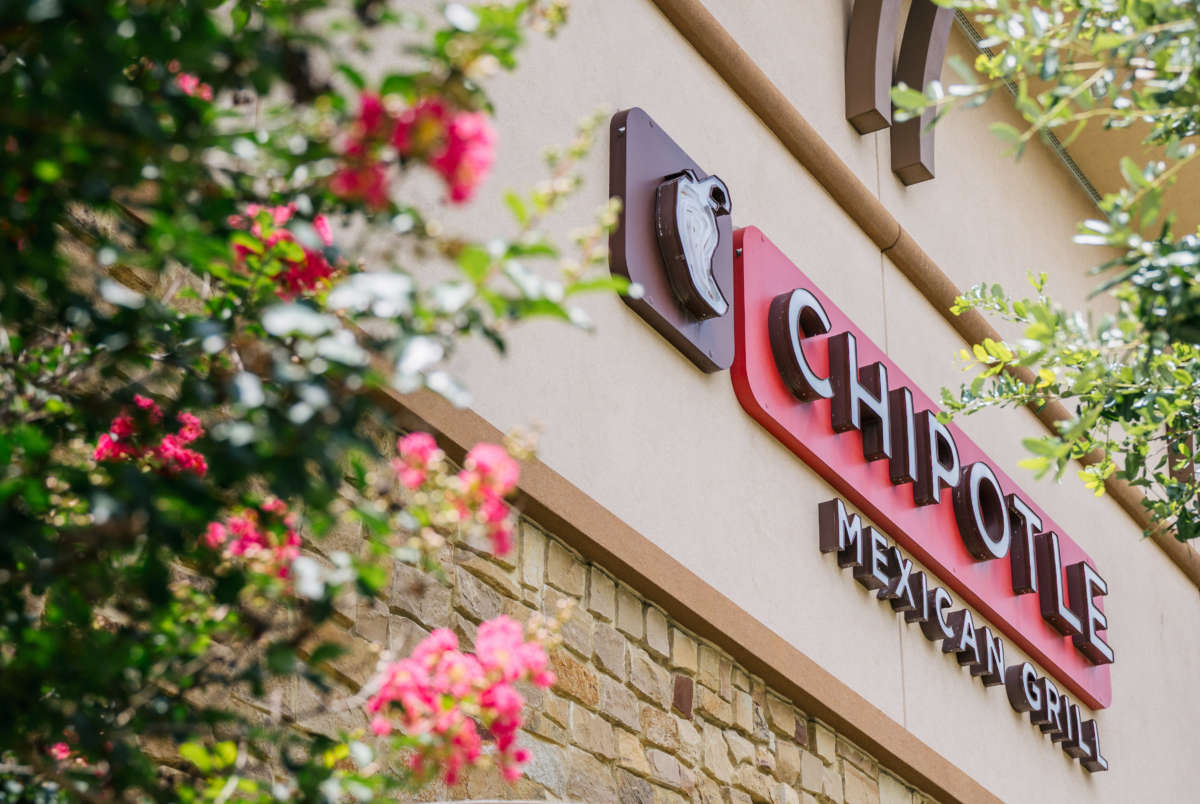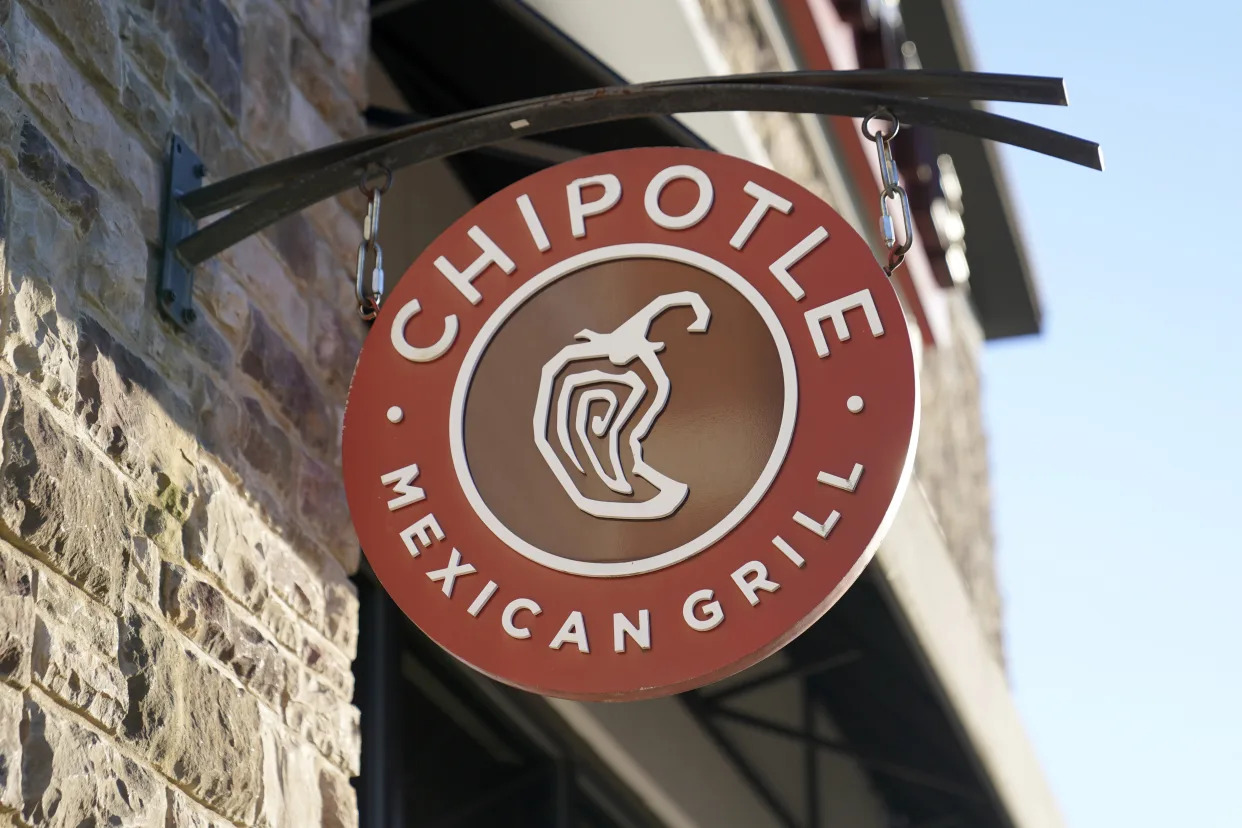insider@insider.com (Paul Constant)

In the latest episode, they spoke about Chipotle's announcement to increase menu prices by about 4% to cover increased employee wages.
Constant points out, however, the price increase could be to cover the $24 million raise recently given to CEO Brian Niccol.
Headlined "Chipotle will increase its menu prices as labor costs rise," this story is confusing for a few reasons.
Price increases and wages
Firstly, the New York Times is not traditionally in the business of reporting on price increases in restaurants. And a 4% increase doesn't seem newsworthy at all - Chipotle CEO Brian Niccol admits in the last paragraph of the piece that the increase amounts to "quarters and dimes that we're layering in" to existing prices.
So the only reason this story could possibly be considered worthy of the Times's world-famous "All the News That's Fit to Print" slogan is Chipotle's claim that the price increases were directly caused by increased worker pay. The chain recently raised its starting wages to an average of $15 per hour - but only in a fraction of its restaurants. Creswell writes that the "pay increases apply only to [Chipotle's] 650 company-owned restaurants; the vast majority of its nearly 14,000 restaurants in the United States are independently owned."
So with all that information in mind, the hook of this New York Times story seems to be that Chipotle's executives are blaming a tiny menu price-bump on a starting-wage increase that's been enacted in roughly one out of 20 of its restaurants.
Video: Why Chipotle raising prices may be a good thing for its stock (Yahoo! Finance)
What's disappointing is that Creswell seems to be repeating Niccol's claims without doing any investigation into Chipotle's finances. Chipotle never supports its claims that the price increase is due to wage increases, and Creswell never mentioned that Chipotle paid Niccol $38 million last year - an all-time high.
Joanna Fantozzi at Nation's Restaurant News reports that Niccol's 2020 salary was "set to be just $14.8 million but financial targets were waived in light of the company's stellar performance during the pandemic." So Chipotle's executives gave its CEO a $24 million dollar raise, which means that Niccol earned "2,898 times more than the median Chipotle worker's salary of $13,127."
Why didn't Chipotle's board mention Niccol's $24 million raise as a possible reason for its menu price increases? Creswell doesn't say. She also doesn't note that as of the first quarter of 2021, Chipotle was sitting on $1.2 billion in cash and equivalents.
The Times story also doesn't mention that the company is now in the middle of a huge stock buyback campaign. Sakshi Agarwalla writes at Seeking Alpha that "In an effort to enhance shareholders' value, [Chipotle] restarted its stock repurchase plans and have announced additional $100 million for stock buyback, bringing to a total $153.8 million repurchase plan. At the end of the first quarter, [Chipotle] repurchased 61.2 million shares worth $87.2 million."
Stock buybacks and wealth transfer
You can learn more about stock buybacks in this week's episode of "Pitchfork Economics" with special guest Senator Cory Booker, but the shorthand is this: Stock buybacks, which were illegal before 1982, have proven to be one of the most efficient mechanisms of wealth transferral from workers to the wealthy over the last 40 years.
Despite the fact that Chipotle has dedicated nearly $200 million to executive and shareholder payouts in the last few months, the New York Times credulously reprinted the company's claims that an average $15/hour starting wage in 650 restaurants is the reason why the company is increasing menu prices by 4%. To be clear, I'm only singling the Times out as an example here because they're the gold standard of journalism - the truth is that a number of outlets repeated Chipotle's claims without investigating the numbers.
The complete failure of many legitimate news sources to interrogate these claims should be a learning moment for business journalists. If you're simply repeating the information given to you in a press release from a corporation's PR department, you're not in the news business - you're volunteering for the company's marketing campaign.














